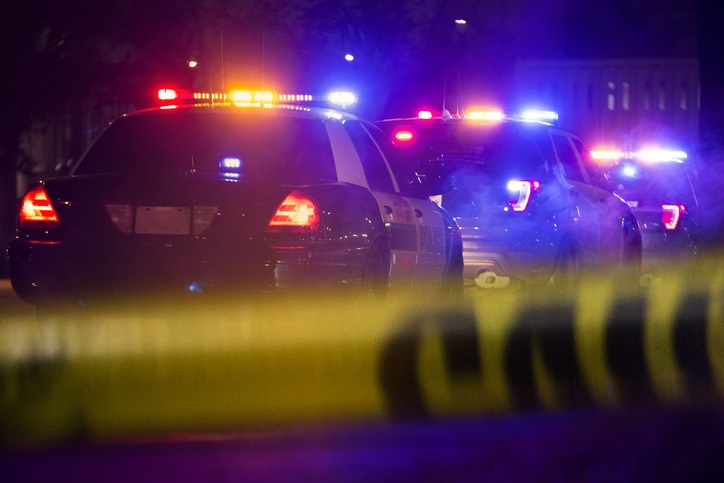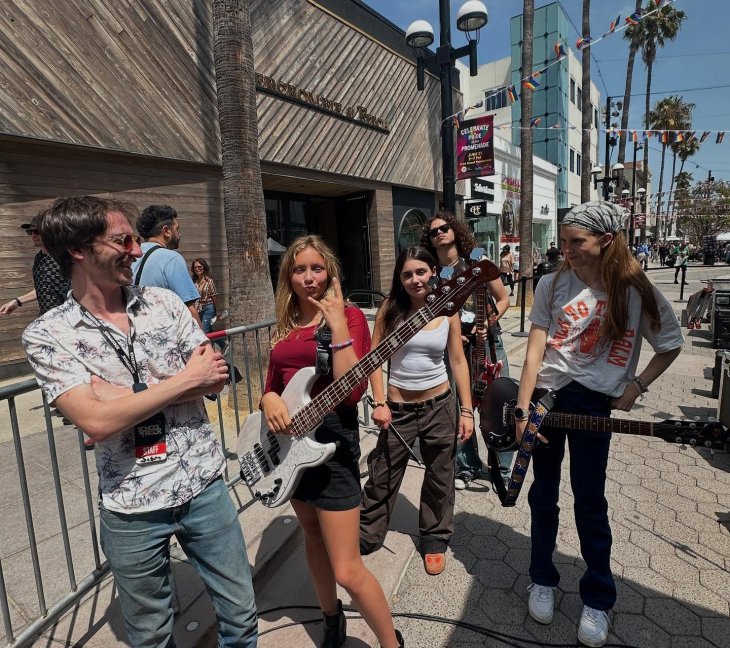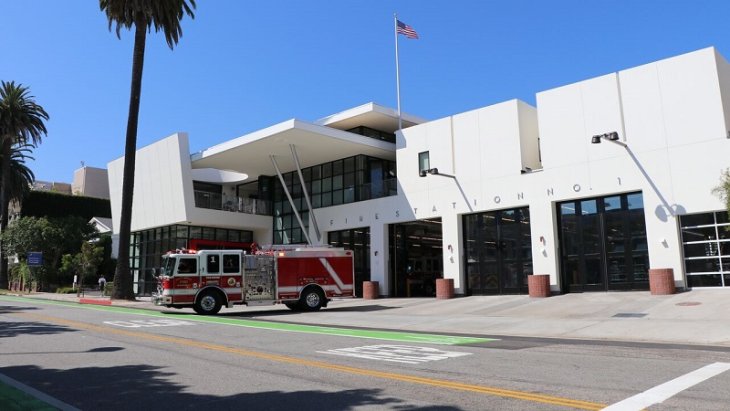By Steve Stajich
Regardless of what we’ve had to suffer – and there has been plenty – from the GOP’s viscous and untidy pageant of choosing a candidate for President, one or two useful things have been revealed in the process with great visual if not mental acuity. One is that the constituency for someone like Trump doesn’t necessarily hail from one particular part of the country. His energized crowds seem to gather in any and every city he visits. A second observation might be that you can’t somehow categorize Trump’s legions under one key issue. They’re not turning out because of their interest in just a higher wall or the Second Amendment or stopping Muslims from entering the country. When one of his followers waiting in line for a rally was asked by a news reporter “Exactly what is it that you’re angry about?” the person paused a moment and then replied, “You know, all of it.”
There was a certain expected quality to the response following North Carolina’s new law in April that banned cities and counties there from passing their own anti-discrimination rules. Bruce Springsteen, possibly because he’s “The Boss” so he must initiate things, cancelled a concert in Greensboro and soon there was a tsunami of economic moves against the state that included Paypal nixing a planned $3.6 million global operations center planned for Charlotte and film director Rob Reiner promising not to film in North Carolina until the law is repealed. There goes “Stand by Me 2: A Bigger Treehouse.”
North Carolina governor Pat McCrory has since said he wants to modify the new law although he is standing tough on a stipulation in it that requires people to use public toilets that correspond to the sex listed on their birth certificates. The mind reels when you attempt to ascertain exactly how that would be enforced.
Add this activity in North Carolina to the wave of voter registration rule changes in many states and then blend in new state laws regarding “open carry” of firearms and you can begin to see that, of late, states are doin’ it for themselves… regardless of what the federal government hands down. Now imagine that you are running for President and you would like to be popular over the entire map of America and you get a sense that perhaps we are in a time where a truly United States is getting to be a matter of location.
The New York Times recently published a map that divides the U.S. into seven economic “Mega Regions”: The Pacific Coast, the Inland West, The Great Plains, The Great Lakes, The Great Northeast, the Southeast Manufacturing Belt, and the Gulf Coast. An accompanying essay by Parag Khanna, a public policy expert, argued that American infrastructure efforts might do better to consider that seven region map instead of just continuing to work from state to state. According to Khanna, “These city-states matter far more than most American states and connectivity to these urban clusters (via roads and railroads) determines Americans’ long-term economic viability far more than which state they reside in.” Whew! Whatever happened to Parliament Funkadelic’s “One Nation Under a Groove?”
To be sure, it’s been tricky for Bernie Sanders to navigate around his gun law stance since the state he represents, Vermont, has some very gun-friendly laws. But I think I’m talking about something bigger going on here. Have we gone from “culture wars” to a kind of low-humming civil war in which many states are simply thumbing their noses at such unifying national concerns as marriage rights, anti-discrimination laws, reproductive rights, voting rights, gun control and maybe even the right of a city’s children to clean drinking water?
And if we need to accept that giant metropolis regions have become their own states in terms of infrastructure planning, then will we reach a point where the “united” part of the phrase “The United States of America” becomes not just confusing but outdated?
Having grown up in Wisconsin, I can tell you that the agenda of Governor Scott Walker caused some there to wonder if somehow there had not been just a change in their state leadership, but a coup d’ etat. The land of Robert M. La Follette had so much difficulty getting its head around Walker’s anti-union moves that it threatened the very life of unions there.
The last year or so we’ve been wringing our hands about whether certain presidential candidates are “divisive.” Yet at the same time individual states have been passing laws where they not only do as they please but in doing so create new categories of rights that bring protections against such things as the threat inherent in baking a gay wedding cake. We’ll have our new President, but it’s going to get noisier before it gets quiet again. Hopefully that mix will not include the sound of shoot-outs involving open-carry handguns in cake bakeries, because the United States of America must be more united than that.





















